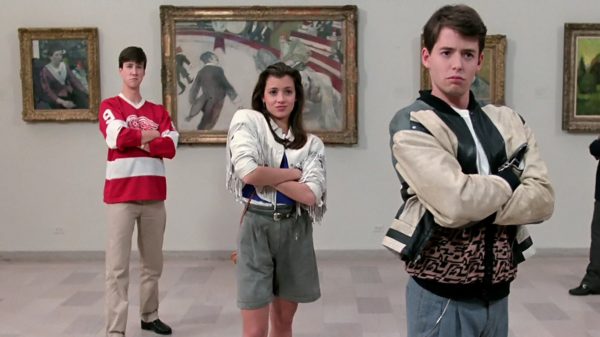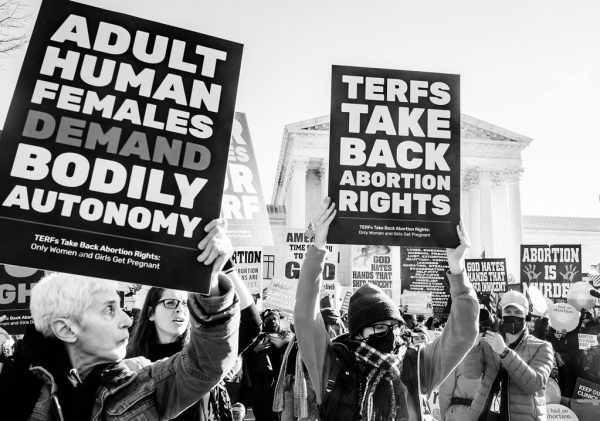Gatsby – The Perfect American or Perfect Fraud
Juniors at DHS get to experience the complexities of Scott Fitzgerald’s The Great Gatsby, in which we explore the mysterious past of Gatsby through the perspective of Nick Carraway.
May 28, 2021
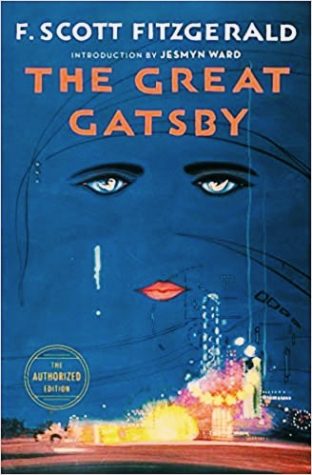
From Nick Carraway’s perspective, juniors at DHS puzzle over the faceless Gatsby–only one descriptive detail about his smile. Nick Carraway and James Gatsby are neighbors, except Carraway is a commoner and Gatsby is, as Fitzgerald depicts him, simply “godlike” and lives in a mansion that towers over Carraway’s tiny house. Straight away, Fitzgerald dives into Carraway’s conditional fascination with the famous Gatsby, an exception of the more affluent and snobby folk. Early on, the two build a fast relationship, and the more intrigued Nick becomes with Gatsby.
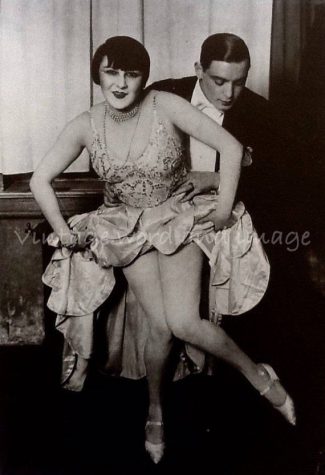
Throughout the book, all 180 pages, Fitzgerald depicts Gatsby as this romantic, gentleman-type, and all-together-perfect guy. But he is also mysterious–he lies about his past out of shame (I assume). While he always seems to run from the past, the one figure from his past he can’t escape is Daisy Fay Buchanan, Nick Carraway’s cousin. Daisy becomes an object of Gatsby’s love and his existence when he moves across the lake from her house to watch her for years. Fitzgerald challenges the barrier between romantic and obsessive, making Gatsby a complex character. With history, Gatsby and Daisy rekindle their love from years ago before Daisy married Tom Buchanan.
Fitzgerald fails to give any fundamental description, purposefully, to portray Gatsby as a God-figure. His character revolves around his lack of personality. Consequently, Gatsby puts on a front with Carraway and the other characters, thus censoring us readers. His story centers around building an empire from nothing, the classic “rags to riches”, but he makes everyone think that he comes from family money rather than priding in his success. What intrigues Fitgerald’s readers is this: Does Gatsby censor his life and lie about his past out of modesty or shame? However, the ideal stereotypical American has a “city upon a hill”, which they worked for and came from having nothing. Although Fitzgerald seems to build a perfect character, the censorship, from when it first became published, angered many readers, as it does today.
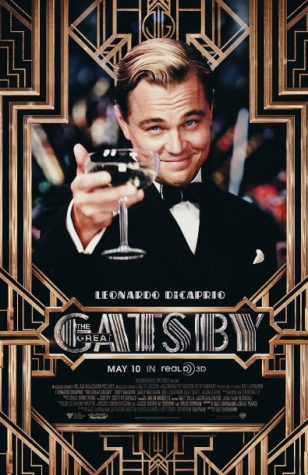
According to Megan Garber of The Atlantic in “To Its Earliest Reviewers, Gatsby Was Anything but Great”, Edith Wharton (who wrote The Age of Innocence and a friend of Scott Fitzgerald) had written to him on April 8, 1925: “To make Gatsby really Great,…you ought to have given us his early career…instead of a short resume of it. That would have situated him & made his final tragedy a tragedy instead of a fait divers for the morning papers.” Fitzgerald used a similar technique to Ernest Hemingway where he censors his writers from his characters to let them decide the characteristics based on the character’s actions and dialogue. My period 2 AP Lang class had a similar frustration that readers from the 1920s had, in which everyone hated Gatsby because of how little we know about him, several of my classmates calling him “fake”.
Moreover, Parul Sehgal of the New York Times further explores the frustration of readers: “As Nick wonders of Gatsby, so readers have wondered of the novel: Is this shallowness I perceive, or miraculous depth?” Gatsby’s character is so complex with so many layers and Scott’s censorship of his character that we become annoyed by his actions and everything he says. For example, why does he say “old sport”? He is almost a faceless character with only actions and dialogue, no internal thoughts, no explanations. Readers seem to get frustrated with him the way people might be with God and their faith. Why this? Why that?
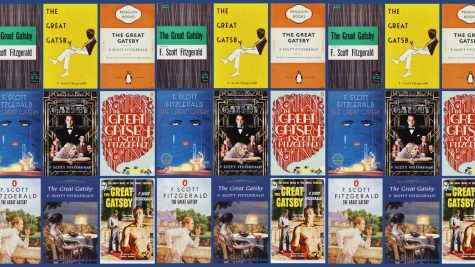
Yet with all his censorship, Scott Fitzgerald still manages to squeeze in this perfect American, sitting in his mansion, which he built all on his own–the hardworking stereotype that has been given to Americans for years. And yet, readers cannot get over their frustrations with Gatsby, though now, we have learned to appreciate the mental and psychological maze The Great Gatsby takes us through, and appreciate Gatsby as both an unlikeable and intriguing character.
Go watch the film of The Great Gatsby!







